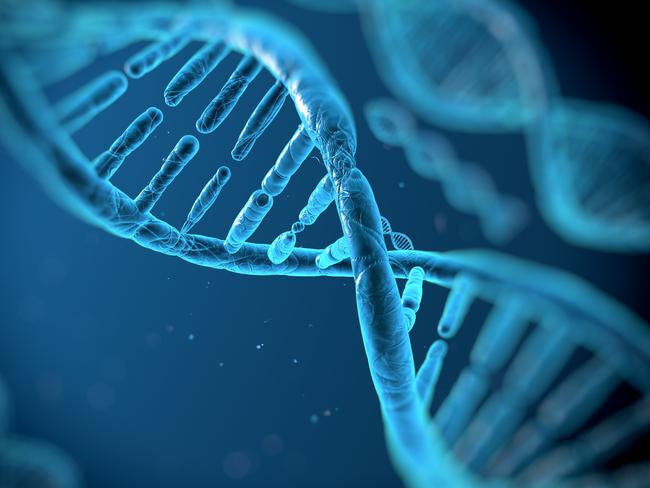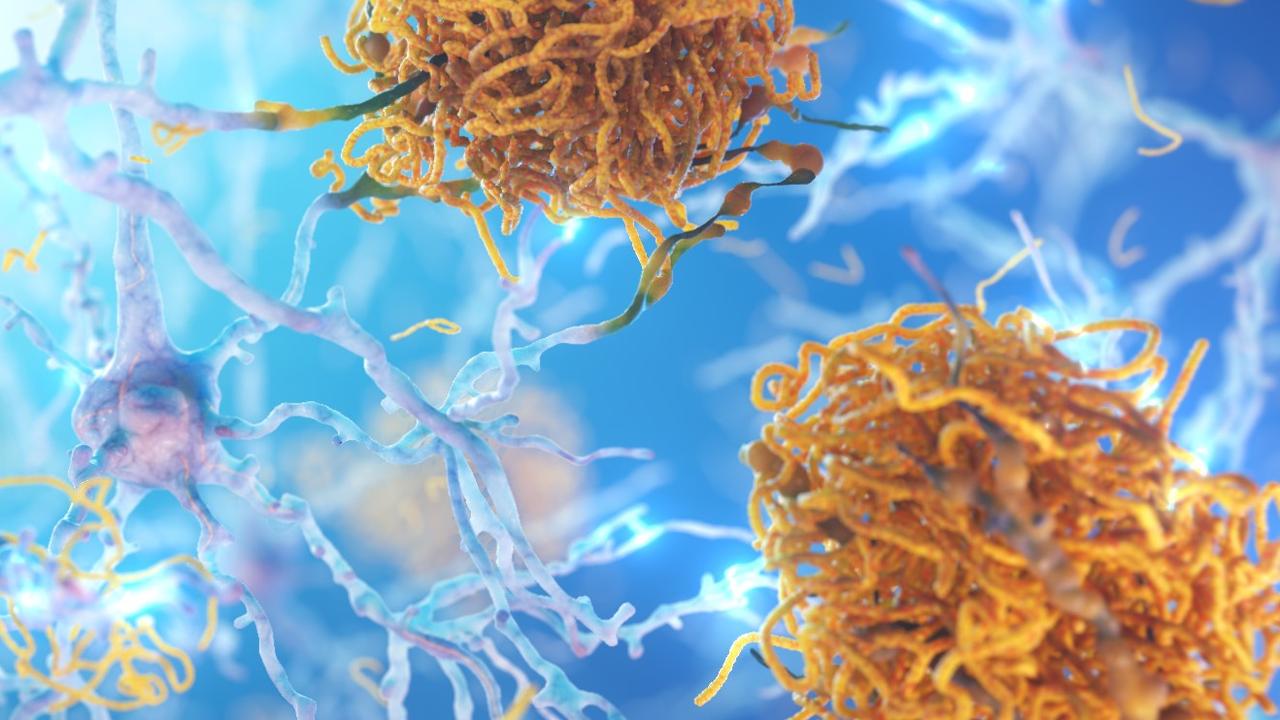Estonia is mapping the genes of some 11.7 per cent of the country’s population
IT’S probably the last nation you think of when it comes to world-leading technology, but this tiny former Soviet country is about to do something unprecedented.
WHEN you think of world-leading nations, you probably don’t think of Estonia.
But the small European nation with a population of just 1.3 million people punches well above its weight in many areas of tech and science. In recent years, the former Soviet nation has embarked on becoming an unlikely digital leader, making it a trailblazer in internet technology.
Its government has embraced rising technology blockchain, has declared internet access a basic human right and reimagined how citizens interact with government services by digitising identity and voting across one major online platform.
The country also just announced an initiative to be the first country in the world with free public transport.
And they have another world-leading plan — to map the DNA of the country’s population.
Researchers at the national Genome Centre want to map the genes of some 11.7 per cent of residents.
It is the first national, state-sponsored genetic testing and information service, which will seek to offer lifestyle advice and help people minimise their risk of illness based on their DNA.
The hi-tech DNA database will improve the prevention, diagnosis and treatment of chronic disease, researchers say.
If it all goes well, it is expect other countries with nationalised healthcare could follow suit.

Launched this year to mark the country’s centenary, the 5 million euro ($A7.8 million) project also aims to issue genetic cards with personalised genotype analysis to 100,000 Estonian volunteers.
“The more genetic data we have, the greater our precision in scientific research and the faster we will be able to discover gene variants linked to disease,” Genome Centre spokeswoman Annely Allik told AFP.
The database is intended to find and map genetic variations, and will build on existing genetic records for over 52,000 Estonians collected since the centre opened in 2001.
Volunteers can give their DNA samples in hospitals and the private laboratories of project partner Synlab, which is also setting up tents at sporting events for DNA donors. They are given their results by a doctor and can choose how much information they want to receive.
Volunteers are warned that they will not be able to use their genetic records to trace their family tree as this would reveal third-party sensitive information such as parentage.
— With AFP




